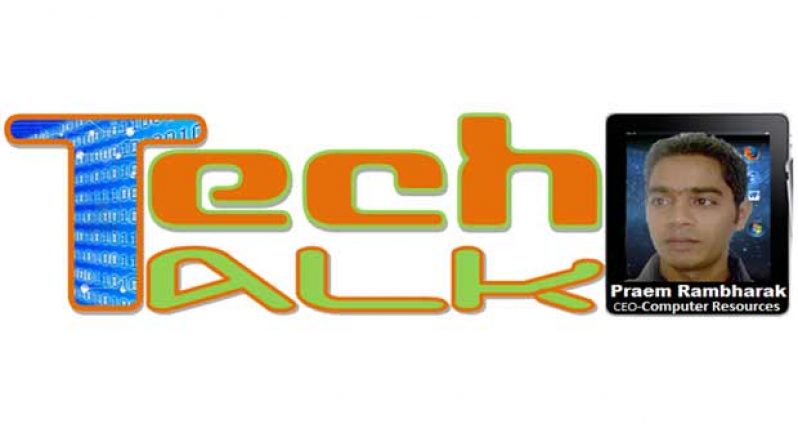Germany’s 7-1 victory over Brazil in the World Cup semi-finals has become the most discussed sports game on Twitter so far. A record 35.6 million tweets were sent during the 90-minute game. It also broke the tweets-per-minute record, when the fifth goal triggered 580,601 in one minute.Six of the 10 top-trending topics on Twitter were references to the match, with Brazil vs Germany taking the top spot.
Miroslav Klose was the most tweeted German player, followed by midfielder Toni Kroos. Julio Cesar, Oscar and Fred were the most tweeted Brazilian players.
The previous record for a sporting event on Twitter was held by another World Cup match, Brazil v Chile, which recorded 389,000 tweets per minute.
Previous to that the 2014 Super-bowl held the record, with 382,000 tweets per minute.
Many of the tweets took a wry look at the routing of Brazil, with some pointing out that Germany were scoring faster than they could type 140 characters.
Tumblr pages dedicated to “sad Brazilians” sprang up during the game. Some faked images purporting to show Brazilians rioting were also posted.
There were also plenty of Photo shopped images doing the rounds.
Pictures of Rio de Janeiro’s iconic Christ the Redeemer statue crying and taking off into space were popular, as were images of people drinking 7Up.
A mock-up of Germany’s goalkeeper sitting down and reading a book gained thousands of retweets.
Let see the clash between Argentina and Germany…would it another 7up?
WINDOWS 9 SPECULATIONS
So far there’s only been speculation around Windows 9, but the newest iteration of the OS is said to come with device awareness. It will be able to tell if workers are using a tablet or a desktop, then deliver the UI that works best for that medium.
There’s been a lot of talk about Windows 9 over the past few weeks, though you may have seen it called by its code name “Threshold”, evolving with “new” features such as a Start Menu and the ability to run Metro apps in windows, it looks like Microsoft has ably blended the user interfaces of Windows 7 and Windows 8 into something that I would dare call “usable.”
Frankly, usability seems to be the core theme of all the Windows 9 talk thus far. It’s said that the OS will work differently depending on the hardware it’s running on. If the computer doesn’t have a touch screen, the OS will feature the desktop more than Metro. Conversely, if it is a touch-screen device, perhaps also without a mouse or keyboard, it will focus on Metro.
That’s about all I know at this point, but I still feel pretty comfortable suggesting that Windows 9 will shake things up in the desktop virtualization space, which is dominated by Windows 7 and Server 2008 R2.
Anything can happen between now and next Spring when Windows 9 is expected to be released. I’m not holding my breath, but all signs point to change in the air. Microsoft CEO Satya Nadella is cloud-minded, and given the long tail of Windows applications, the one-two punch of a good OS and favorable licensing could improve people’s opinions of Windows and Microsoft in general.
LG unveils child-tracking Kizon device
LG has announced a wrist-worn device designed to let parents keep track of where their child is and listen to what they are up to.
The Kizon uses GPS and wi-fi signals to identify the wearer’s location and sends the information to an Android app.
LG is targeting the device at families with pre-school and primary school children. The Kizon is water- and stain-resistant and only features one button on its front. Privacy campaign group Big Brother Watch has also called for more details to be made available.
The South Korean firm is not the first to market such a device – start-ups including KMS Solutions, Tinitell and Filip have announced similar products – however, LG’s launch marks the entry of a major tech company into the sector.
LG says the Kizon can run for up to 36 hours between charges, is water resistant and works with 2G and 3G cellular networks.
The wearer can call a pre-configured phone number by pressing a button on its front.
The button also allows the child to accept calls from approved numbers, and if they fail to press it within 10 seconds the device will automatically let the caller listen in to the machine’s built-in microphone.
Some parents may want to know the precise location of their children, but most will probably remain happy to yell across the playground or send a text. The key thing is to establish good lines of communication with your children, and let them feel that they can talk to you about any tricky situations they find themselves in.
LG said it planned to launch the device in South Korea this week, and introduce it to Europe and North America before the end of September.




.png)









